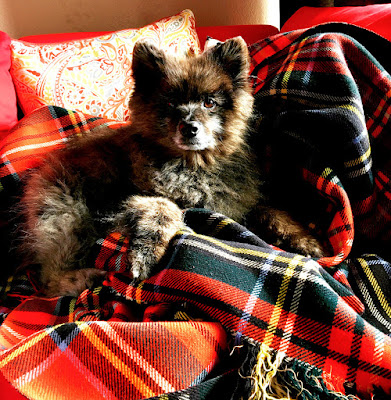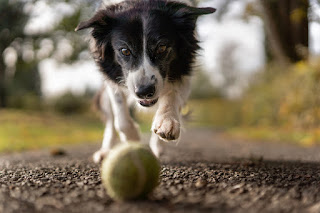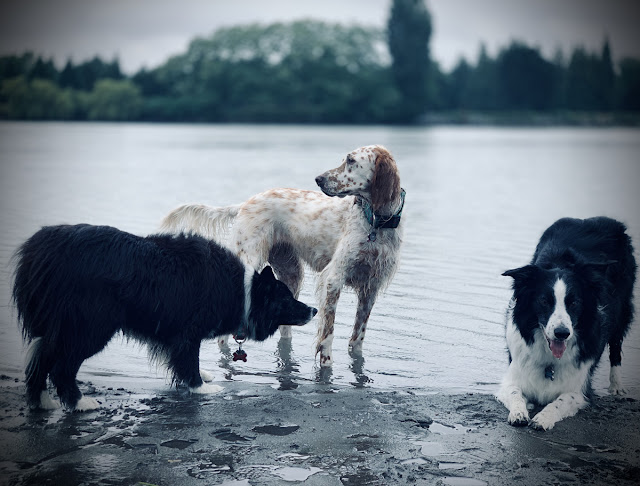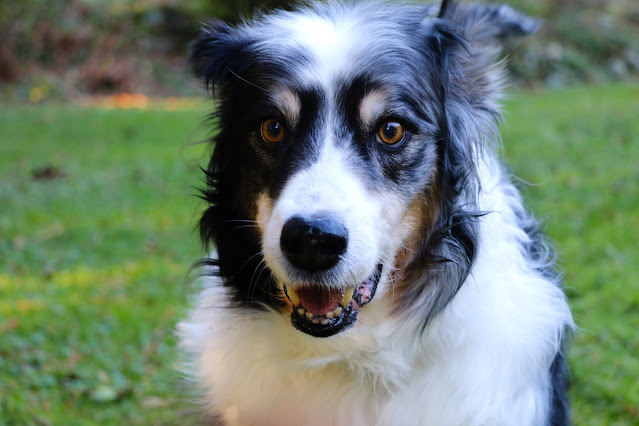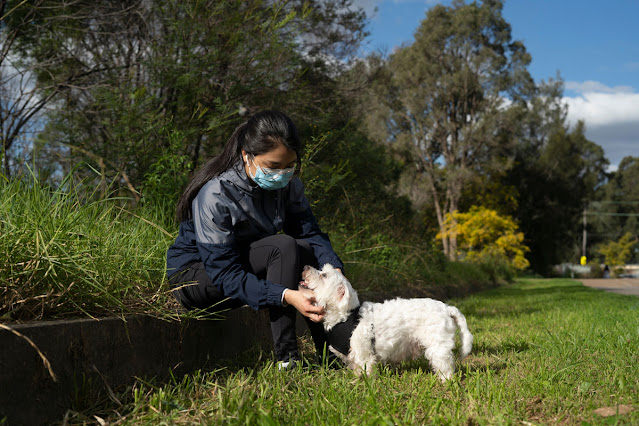If Your Dog is Afraid, Avoid These Two Mistakes

Pay attention to emotions and timing when training a fearful dog. Photo: Patrick H/Shutterstock By Zazie Todd, PhD This page contains affiliate links which means I may earn a commission on qualifying purchases at no cost to you. When working with fearful dogs , an effective and commonly-used technique is desensitization and counter-conditioning . It’s a very powerful technique, but there are some technical aspects that you need to get right in order for it to work. This post looks at two common mistakes that people make, and how you can fix them. The process is about emotions, not behaviour In a lot of dog training , our aim is to change the dog’s behaviour, typically by using positive reinforcement to make the behaviours we like happen more often. This is not the case in desensitization and counter-conditioning. Here, the aim is to change the dog’s emotions so that they become okay with and even like the thing they were previously scared of. Suppose you have a dog that is afraid of p...

